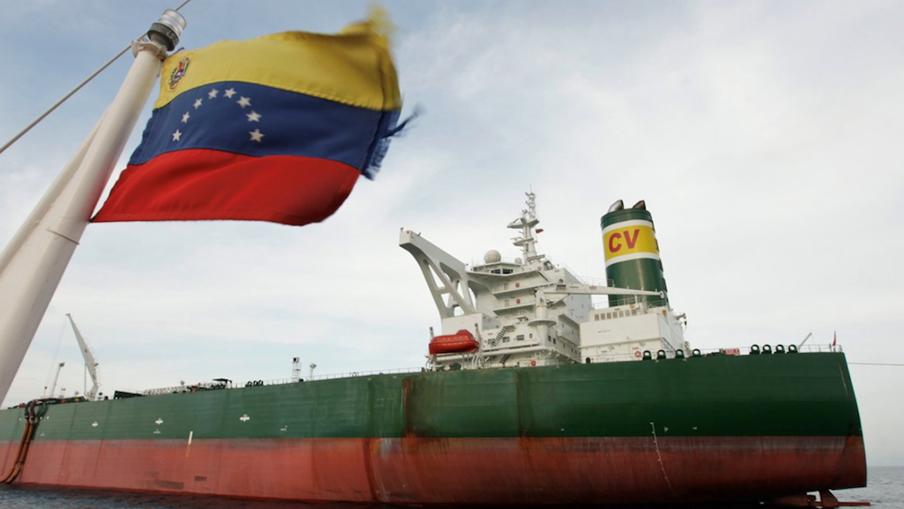Oil trade on the high seas by Venezuela continues despite U.S. attempts to curtail it, according to maritime data reviewed by Kharon.
The Venezuelan oil trade data seen by Kharon was primarily with Cuba and Malaysia. The U.S. has ramped up its sanctions on Venezuela; this week it blocked all Venezuelan government property in the U.S. In recent months, the U.S. has designated several vessels, their owners and their operators for conducting oil trade between Venezuela and Cuba.
Caracas and Havana have a longstanding diplomatic and trade relationship; Venezuela sends Cuba oil and, in exchange, Cuba sends back medical doctors, as well as military and other types of aid. Malaysia, when including India, buys 46 percent of Venezuela’s exports, according to an AP report from earlier this week.
One tanker owned by a Petroleos de Venezuela SA (PdVSA) subsidiary is docked at a Cuban port, having arrived there earlier in the week, the data show. The Yare, registered under the Venezuelan flag, traveled to Cuba after a nine-day call in July at the port of Amuay, which is near many Venezuelan oil refineries, the maritime data show. The Yare is owned by Panavenflot Corp., a subsidiary of PDV Marina SA, itself a unit of PdVSA. PDV Marina operates the Yare; PdVSA, the state-owned petroleum company, was sanctioned in January.
Vessels in some cases have tried to hide their Venezuelan oil-related activity, utilizing indicators of potential sanctions evasion such as shutting off location transponders or failing to log port calls, the maritime data show.
The Esperanza, which was sanctioned in April under a previous name for delivering oil from Venezuela to Cuba, recently made an incognito delivery to Cuba after turning off its satellite tracking system (AIS), according to recent media reporting. In recent weeks, it has taken more voyages between Cuba and Venezuela; the vessel, which is currently docked at Santiago de Cuba in southeast Cuba, has listed its next destination is Cienfuegos, on the southern coast of Cuba, maritime data show.
International Maritima SA, a Limassol, Cyprus-based company, owns the Esperanza; the vessel was held by a Liberian firm at the time of its designation.
The Icaro, which is operated by PDV Marina and owned by a PDV Marina subsidiary, has traveled back and forth between Venezuela and Cuba over the past month, the data show.
Two other vessels, registered with a Panamanian flag and owned by Limassol-based companies, appear to exhibit similar patterns, maritime data show. Sandino approached the bay of Cienfuegos on July 16 but turned off its AIS transponder for a day, switching it back on as the vessel left the bay. The Carlota C, a chemical and products tanker, has repeatedly turned off its AIS transponder as it neared Cuba.
The Saga and the Bonita, vessels owned by Marshall Islands-based companies and share the same Greek operator, made port calls in Amuay in June and July respectively, according to maritime data. Both have since set off for Malaysia, the data show.
The Bonita is expected to arrive Aug. 17 at Tanjung Pelepas, which, according to the ports website, is the country’s largest and most advanced container terminal. The Saga was last pinged in the Malacca Strait, location data show, but the vessel turned off its transponder in recent days.
